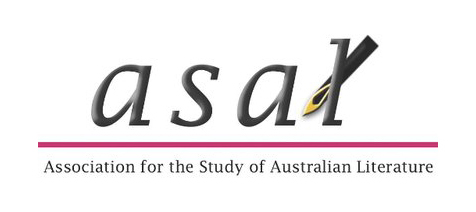01 Aug ASAL mini-conference
Call For Papers
ASAL mini-conference April 20-21 2023 at UNSW Sydney
“Who Travels?” The Writing of Michelle de Kretser
ASAL – “Who Travels?” The Writing of Michelle de Kretser (miniasal2023.org)
“I don’t sit down to write a cosmopolitan book or say to myself that I’m going to write
beyond borders. I write about a subject that I feel compelled to write about, whatever
that might be. If my characters often cross borders it’s because I’m interested in
writing about the contemporary world, and that’s a world of movement, of travel. Not
for every- one, mind you, which raises interesting questions – the most interesting
questions about travel. Who travels? Who doesn’t, and why don’t they? So, again, I’d
say I’m interested in modernity.” (Quoted in Yang Chen, ‘I don’t want to be a tourist
in my own country’: An interview with Michelle de Kretser, Journal of Postcolonial
Writing, May 2022)
Michelle de Kretser is one of the most significant and acclaimed writers of fiction in
Australia. Her six novels have received, between them, all the major literary awards
in the country, and have been longlisted for the Booker and the Orange Prize. And
yet she has received very little in the way of scholarly criticism; almost of all of the
scholarly articles that include some discussion of her work have appeared in
international postcolonial journals rather than in the major scholarly Aust Lit journals.
This is not a problem exclusive to de Kretser – Australian literary studies has
notoriously overlooked or misunderstood writing by non-Anglo authors, although the
situation is slowly changing. This symposium aims to generate new research on this
important writer.
Paper (and panel) proposals are welcome on any aspect of de Kretser’s work,
including:
-The terrain of the global, and Spivak’s concept of planetarity as a way to re-
mobilise thinking about worldliness, the global and the cosmopolitan;
– the sustained interest in de Kretser’s work in the complex spatialities of late-
modern existence, of habitation, alongside what Lukács termed
“transcendental homelessness” as a condition of the novel;
– the condition of the novelist as a figure negotiating not only the mobilities
already outlined but also the social and technological fields of literary form
and marketplace, and of digital and networked identities.
Please send abstracts (250 words) and a short bio (50-100 words) with the subject
line ASALDEKRETSER2023 to the conference convenor, Prof Brigitta Olubas
[email protected] by extednded deadline of January 31 2023.


